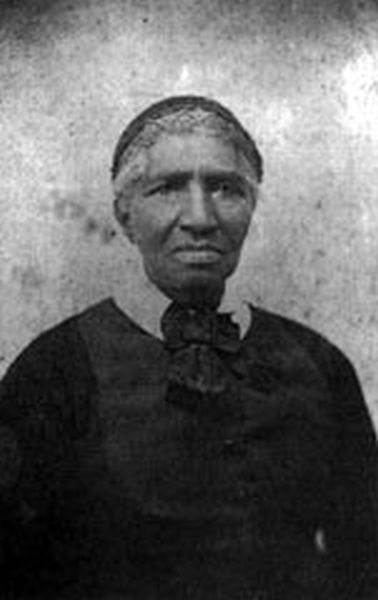In the early 1800s, the United States transformed rapidly. New machines and industries spread throughout the country. Cities grew, and new kinds of work appeared in both the North and the South. At this time, both free and formerly enslaved African Americans started small businesses in many areas. They worked in a system that restricted their rights. Still, they found ways to earn a living.
Even while slavery continued in the South, some enslaved people took part in what was called the “slave economy.” In some areas, enslavers allowed people to sell goods, raise crops, or keep animals. They could also earn wages after finishing their required work. These wages were often paid for clothing and tools, or, in rare cases, saved for freedom. Some enslaved workers made items to sell in towns or traded food and supplies with neighbors. These early efforts showed how skill and work could sometimes create small economic opportunities, even within slavery.
In the Upper and Lower South, many free Black people used the skills they had learned while enslaved to begin their own trades. Some worked as barbers, blacksmiths, carpenters, and seamstresses. Their work supported towns that were growing with industry. Many repaired tools, built homes, and provided services to travelers and local families. Some had to ask permission to remain in their states, and laws made it difficult for them to own property or pass it on to their children.

A few free Black business owners gained wealth and influence. In Pennsylvania, Stephen Smith owned businesses in lumber, coal, and real estate. He used his profits to support churches, schools, and anti-slavery efforts. In North Carolina, John Stanly opened a barbershop and later bought land and rental houses. Clara Brown, who had been enslaved, moved to Colorado and opened a laundry near mining camps. She invested her earnings in property and helped other African Americans settle in the area.
Industrial growth led to more jobs in cities and towns. This also raised the need for skilled workers. Some Black entrepreneurs used these changes to start or expand their businesses. Others faced laws and violence that limited their progress. Black workers and business owners started farms, shops, and services across the nation. These business projects connected them to the new industrial economy and supported their communities during a time of change.
